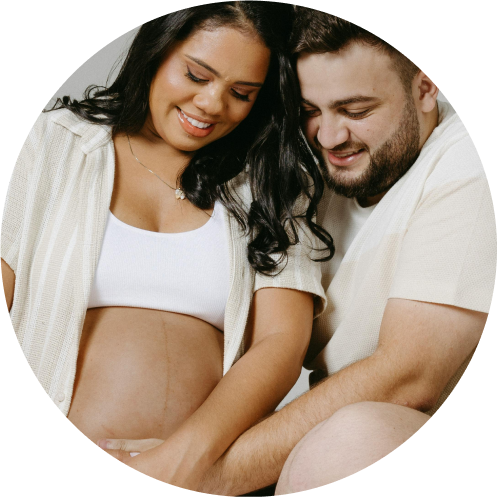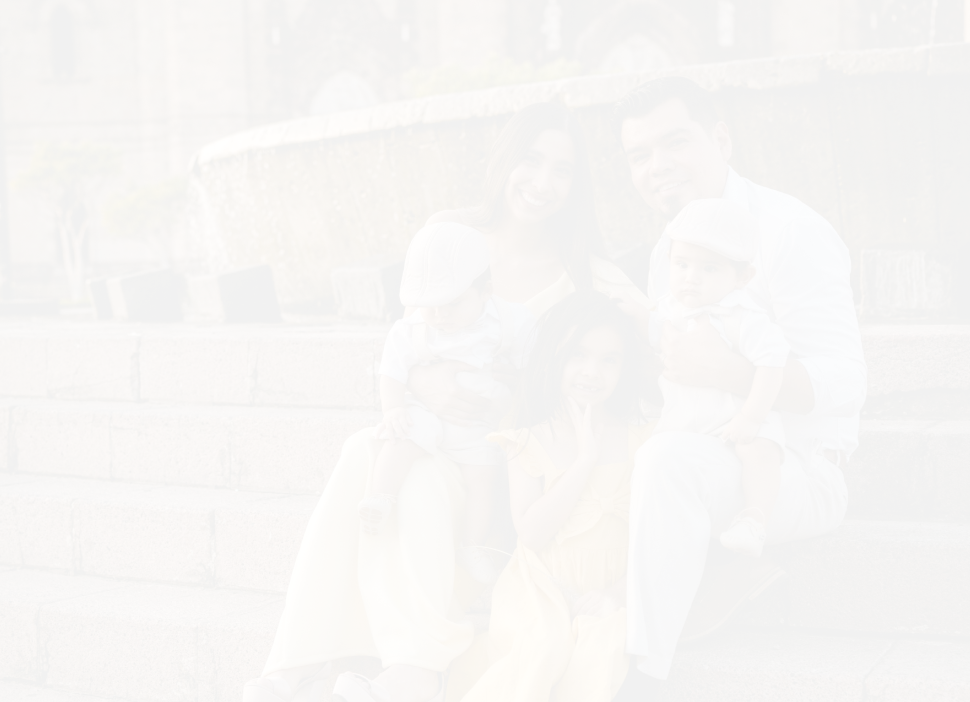Regular member
2. Common ID
At Donor Exchanges, a fundamental question for intended parents is how surrogates are screened before matching. This screening is pivotal in understanding a potential surrogate's motivations, support system, and her physical and emotional health history. Each surrogate is thoroughly vetted through our three-step process before being matched.
Before matching them with intended parents, Donor Exchanges conducts a comprehensive screening of surrogates. This detailed process ensures that every surrogate meets our high standardsyou and your future baby's safety and security are our top priorities.
The surrogate screening process is crucial to ensuring we present only the best candidates for surrogacy. This rigorous process might extend the waiting period for matching, but it ensures that the surrogates meet Donor Exchanges' high standards, making the wait worthwhile.
Insufficient screening can lead to stressful and uncertain situations for intended parents, such as discovering that a surrogate, already emotionally bonded with, is unsuitable. Our commitment is to provide a smooth journey by thoroughly vetting surrogates beforehand.
When an agency does not fully screen a surrogate before she is matched, it can cause stress and uncertainty for you. For example, you could have spent time getting to know your surrogate and forming an emotional connection, only to lear later that she did not pass the psychological evaluation and s not a good candidate for surrogacy. This can be frustrating and devastating for you as intended parents. We're dedicated to providing as smooth a joumney as possible for you.
Donor Exchanges' surrogate screening process contains three key steps in determining if a woman will be a successful surrogate. We not only speak with each candidate at length, we ask questions and gather information about her that enables us to evaluate if she's prepared to take on the mental, emotional and physical commitment of being a Donor Exchanges surrogate.
Immediately after a surrogate applicant submits her application, our prescreening team, which includes experienced surrogates, reviews her responses. This stage involves in-depth discussions to clarify her application responses and initial screening for basic eligibility based On health, pregnancy history, and background checks.
Conducted by our in-house team of licensed mental health professionals, this extensive consultation lasts about 2 to 2.5 hours. Surrogate candidates discuss their motivations, pregnancy history, support systems, and expectations for the surrogacy journey. This step is critical in understanding the surrogate's preparedness and suitability for the journey ahead.
The final step involves a psychological assessment performed by a licensed psychologist using the Personality Assessment Inventory (PAl). This assessment helps further determine the mental and emotional fitness of the surrogate to handle the dlemands of surrogacy.
While some agencies may stop after the first step, considering a surrogate "screened," Donor Exchanges requires completion of all three steps before a surrogate is deemed ready for matching. This thoroughness may lead to longer waiting times for a match, but it significantly reduces the risks of match disruptions and ensures a more secure and confident journey for everyone involved.
A surrogate is considered ready for matching with intended parents only after successfully passing all three screening steps. This comprehensive approach allows Donor Exchanges to create strong, reliable matches that are built to last, enhancing the surrogacy experience for both surrogates and intended parents.
By instituting such rigorous screening and matching processes, Donor Exchanges aims to foster successful and fulfilling surrogacy journeys, prioritizing the well-being and satisfaction of all parties involved.














